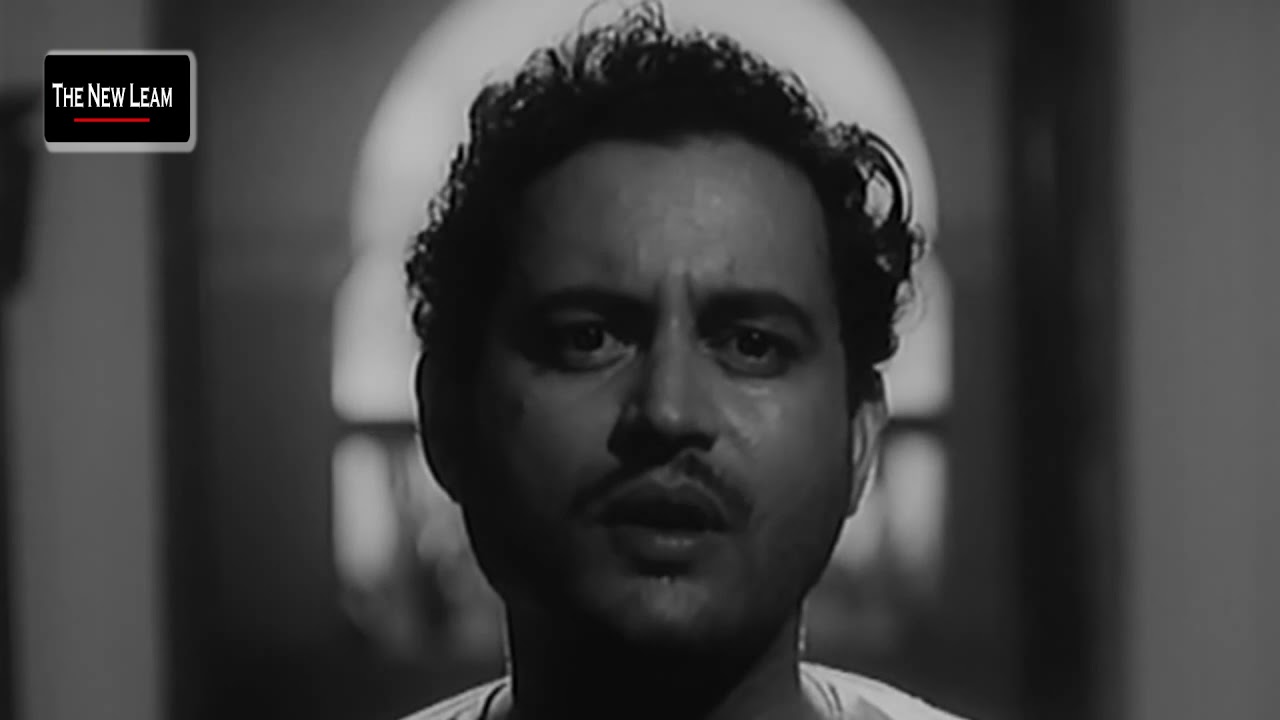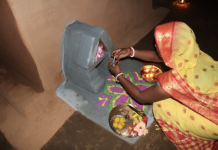FROM THE TEACHER’S PODIUM
Reclaiming the Culture of Reading
The joy of reading is an integral component of learning, understanding and exploring the world. Be it literature or philosophy, history or physics—great books alter us, and take us beyond grades, degrees or academic publications. However, in a culture that values utility more than wisdom, the aesthetics of reading experiences severe obstacles—from the onslaught of coaching centres to the market of notes and guide books, from heavily jargonized academic publications to a curriculum divorced from life’s deepest experiences. Is it possible to revive the culture of meaningful reading? A dedicated teacher from Tripura Central University speaks of his nuanced engagement with his students.
Dr. Rajeev Dubey is Assistant Professor, Department of Sociology, Tripura University (A Central University), Suryamaninagar. His teaching and research areas have been interdisciplinary and are concerned with Sociology of Religion, Sociology of Education and Methodology of Social Sciences.
Meaningful reading is one of the conduit through which we discover the world. There is a general understanding that we gradually learn to read, and in the process we read to learn about anything and everything. If reading has such an important role to play in our development, then why it is so that while the art of writing has been lauded and promoted, the culture of reading has been ignored? Quite often we see our education system emphasizing on publishing; workshop being organized to promote writing etc. But rarely do we find skills of good reading being honed. Reading is taken for granted. It is conveniently ignored that only a good reader can be a meaningful writer and every write up needs an avid reader. Any piece of write up is merely a page until the reader in the process of reading gives it meaning and life. The subtle art and aesthetics of reading is an integral part of meaningful education. But unfortunately both ‘art’ and ‘reading’ have been devalued in the current times. Reading is more like an art because when we read we draw an imagination like an artist.
This paper provides a reflexive account of how as a young teacher, scholar and researcher located in Tripura, I have engaged with the young minds/students in their quest to read. What are the challenges in cultivating the culture of reading? What is possible for me to do as a teacher to cultivate the art of reading? The main purpose of this article is to revive and recall the forgotten culture of reading. In doing so, the aim is to reclaim the faith in reading as an art of relatedness.
Let me share an anecdote, two years back I was sitting in my chamber, and I saw two M.A. first semester girls hesitatingly trying to look into my chamber. I noticed them and called them by name; ‘Sir, we will come later’ was their response. I realized they were feeling shy to talk in front of the staff. I told them to meet in the second half of the day. When they came later, I asked them about their problem. They were mum for some time; I realized they were hesitant; I encouraged them to freely share their problem without thinking anything. ‘Sir, we understand what you teach. Can you offer us tuition for some of the first semester papers’. Frankly speaking, I was taken aback because I had never imagined about the idea of tuition in a Central University. I asked them: ‘Why do you need tuition? Is the syllabus not covered in the class?’ ‘No Sir, that is not the case’, they replied. Being a teacher and also Head In-charge, I plowed ahead with the next question, ‘Has anyone refused to clear your doubts in the class?’ ‘No Sir, that is not the case’, they replied again. ‘Then when the syllabus is being covered and doubts are cleared in the class, why do you need tuitions?’ I asked. They were silent, I gently insisted: Feel free to share, I am here to help you’, I noticed tears rolling down. ‘Sir, we are not used to reading texts. In graduation, we were made to write notes on potential questions in the tuition classes and we used to prepare that, but here in the university we are provided with readers in each paper, we feel helpless because we are not habituated to read original texts’.
I wondered if this was the problem or symptom of the larger malaise inflicting our society in general and Tripura in particular. Tripura is grappling with an interesting paradox. On the one hand, Tripura, according to 2011 census, has 4th highest literacy rate amongst the Indian states. On the other hand, the recent report by National Sample Survey Organisation (NSSO) has taken the veil off what is called the shadow education system — private coaching and tuition, outside and parallel to the mainstream education system. Tripura tops the list with whopping 81 per cent of students resorting to tuition as against national average of 26 per cent (Varma 2016). In such tuition culture, a student has neither time nor inclination to engage with original texts on her own. She hardly gets time to read, reflect and contemplate in a relaxed manner. A terrible sense of dependency is fostered, and she loses her confidence to read and comprehend a text on her own.
It is pertinent to look into the reasons for decline in the culture of reading. I think it has to be situated in the overall discourse on the purpose and acquisition of knowledge. Firstly, when the acquisition of knowledge is primarily driven by instrumental needs- marks, degree, and job, then the aesthetics and joy of reading is replaced by the obsessive search for use value in the text. In such a scenario, time becomes a precious calculable commodity. Therefore, if somebody can offer the crux, synopsis or review of the text in question, the reader may be inclined to go for it instead of taking the ardent task of engaging with the text. Coaching or tuitions very well serve this purpose. Reading as a skilful art cultivated through enduring patience and continuous practice is relegated to the back burner.
Secondly, the culture of reading has also suffered because of rigorous separation between ‘functional reading’ geared towards catering the direct curriculum demand and ‘recreational reading’ considered as a leisurely pursuit (Potts 1976). In fact, at times we have seen that recreational reading hones and nurtures the art of reading in a student, this eventually reinforces functional reading. Recreational reading helps in arousing the aesthetic sensibility in the reader. Thirdly, a part of blame has to be shared by the prevalent practice of academic writing— the way academic articles and books are written, the way citations, foot notes and end notes are used like ornaments which make the paper sail through ‘peer review’ process. But then, this deprives the paper of its aesthetics and flow. It denaturalizes the entire experience of reading and learning. Rather than forging an organic, intricate, honest and meaningful bond between the author, the text and the reader, it puts the reader in position of helplessness, frustration, anger, and outrage.
There is an urgent need to reclaim the culture of reading. And it is possible if we evolve a series of measures. Firstly, the curriculum needs to be related with the lived experiences of students and it should be meaningful to their aspirations. The prepackaged one size fits all approach of the ‘artificial curriculum’ is detrimental to the culture of reading (Meyer & Whitmore 2011). Secondly, as a teacher it is our job to tap into the personal knowledge and experiences of students before inviting them to read a particular text. These exercises if viewed from the mainstream pedagogic practices may seem to be alternative, but believe me, they are much more intellectually stimulating and challenging. Reading in such a scenario acquires a new meaning altogether, it becomes an exercise of awakening the reader to the possibility of relating the inner with the outer, the abstract with the real.
Thirdly, as a teacher we have to perpetually evolve. As Meyer and Whitmore would argue, reclaiming reading includes the call for reclaiming teaching. Because it necessitates the pedagogy to ‘ensure that readers use reading to act upon their worlds, evoke genuine questions, and lead to further reading, writing, and actions?’ (ibid.: 286). In the process of dialogic interaction with my students, I have learned that before initiating a meaningful reading the text has to be situated in a context; a relationship between the word and the world has to be outlined. Some methods I have learned are helpful in inviting, encouraging and arousing interest of young minds in reading texts. For example, I show them some associated documentary/videos which arouse a sense of curiosity to know more about the issue. Then, I raise certain questions about how, what, why of the issue. Having aroused their curiosity, I encourage them to seek explanations in the texts. Similarly, a detailed biographical sketch of author, the context in which she/he wrote the book invites the young minds to read the text. With this aroused curiosity, the young minds are eager to undertake the adventurous pilgrimage of reading. It is high time we reestablished the significance of meaningful reading as a basis of meaningful education. Rediscovering reading is about rediscovering joy.
References
Potts, John. 1976(2012). Beyond Initial Reading. Routledge Library Editions: Education.: Routledge: New York.
Meyer, Richard J. & Kathryn F. Whitmore.2011. Reclaiming Reading: Teachers, Students, and Researchers Regaining Spaces for Thinking and Action. Routledge: London.
Varma, Subodh. 2016. 7.1 cr Students Take Private Tuitions: Report. The Times of India, April 5, 2016.
This article is published in The New Leam, NOVEMBER-DECEMBER Issue( Vol.2 No.16-17) and available in print version. To buy contact us or write at thenewleam@gmail.com
If You Liked the article? We’re a non-profit. Support This Endeavour – http://thenewleam.com/?page_id=964














